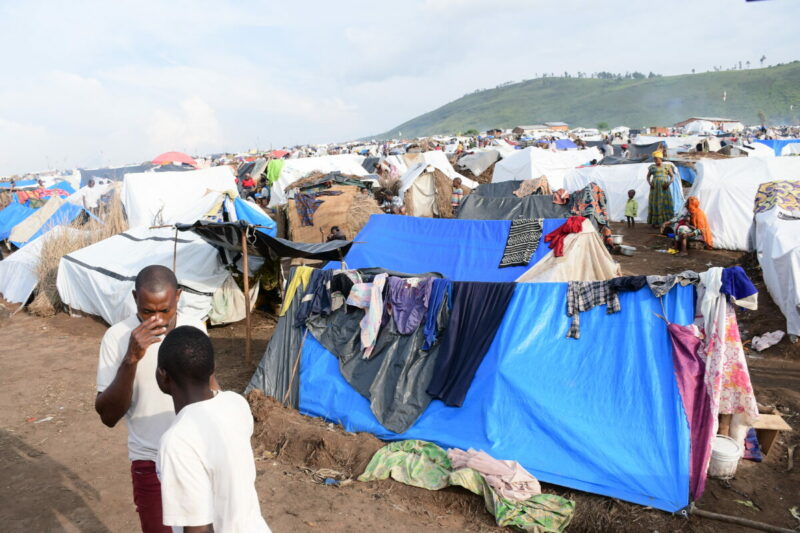
Massivement déployés à l’Est de la RDC pour barrer l’avancée du M23 vers le Sud-Kivu, des éléments de l’armée burundaise ont été défaits. Un grand nombre a regagné le Burundi dans des conditions difficiles.
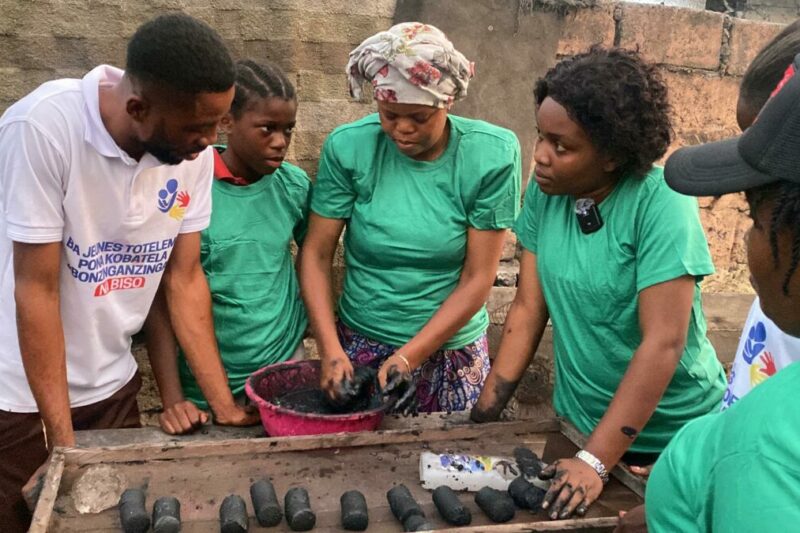
À Kinshasa, à chaque saison des pluies, les déchets plastiques bouchent les caniveaux et provoquent des inondations catastrophiques. Des jeunes tentent de renverser la logique en les transformant en charbon « écologique ».
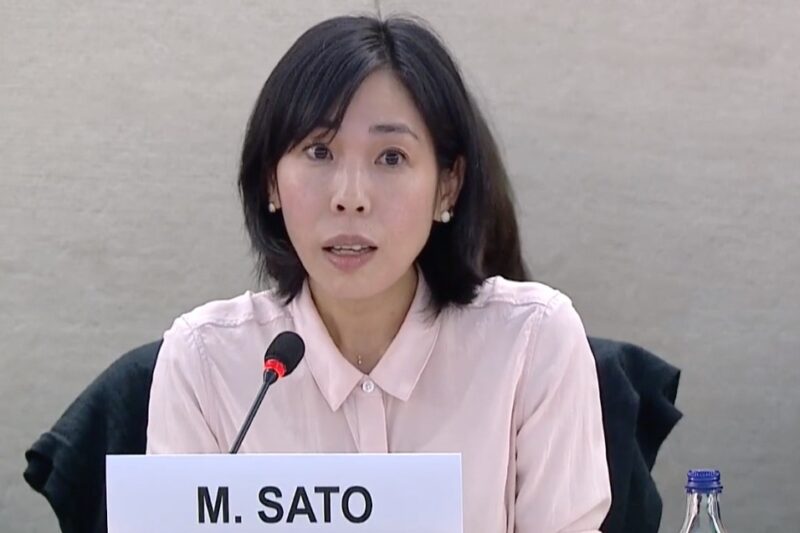
LATITUDES had an exclusive interview with Dr. Mai Sato, UN Special Rapporteur on the situation of human rights in Iran, to examine the state of human rights in the country, in the months following the conflict.
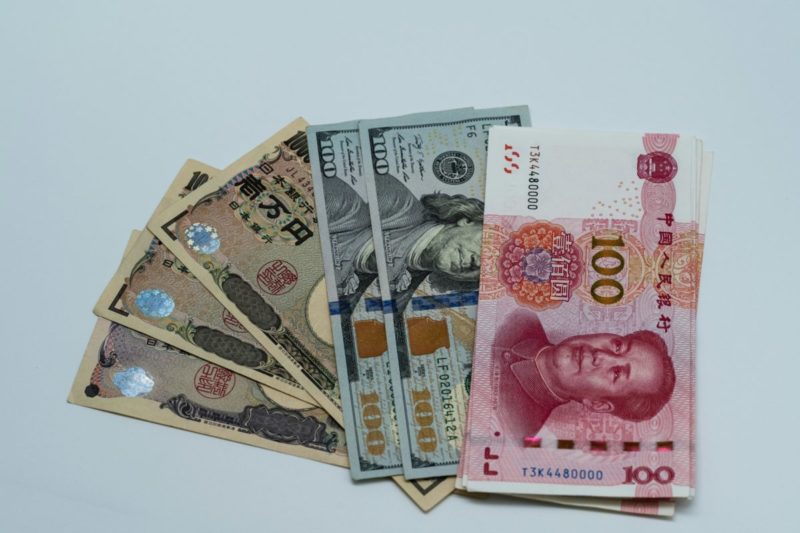
Dans un contexte de crise économique prolongée, la Banque de la République du Burundi a récemment pris la décision d’intégrer le yuan dans ses réserves pour tenter de contourner la dépendance au dollar US. Analyse.
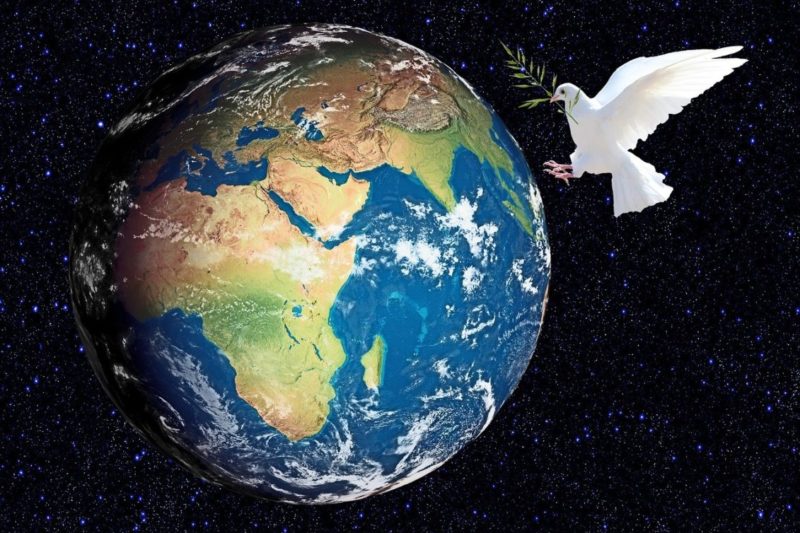
While leaders trade threats, ordinary people continue to stand together choosing peace. Iranians and international supporters unite against the Israel-Iran war with the slogan ‘Woman, Life, Freedom’.
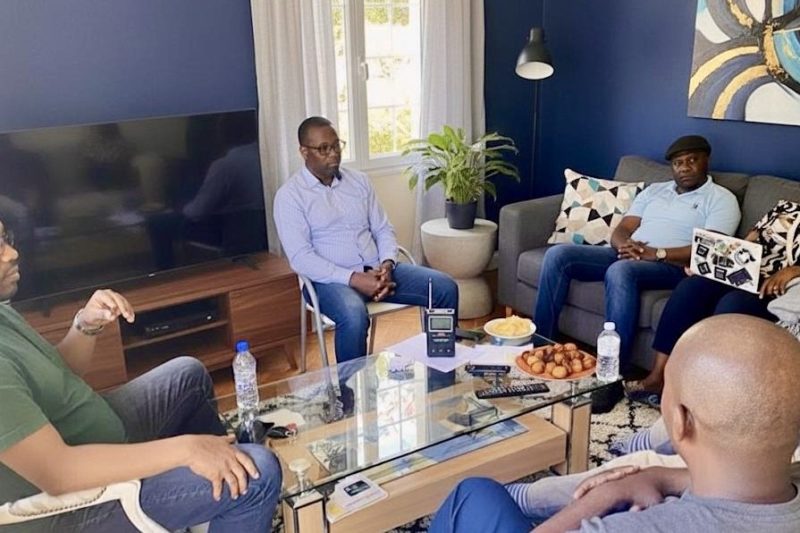
À l’occasion de l’élection présidentielle de ce 25 octobre, l’annonce de la candidature d’Alassane Ouattara pour un quatrième mandat suscite des réactions contrastées au sein de la diaspora ivoirienne. Tour de table.
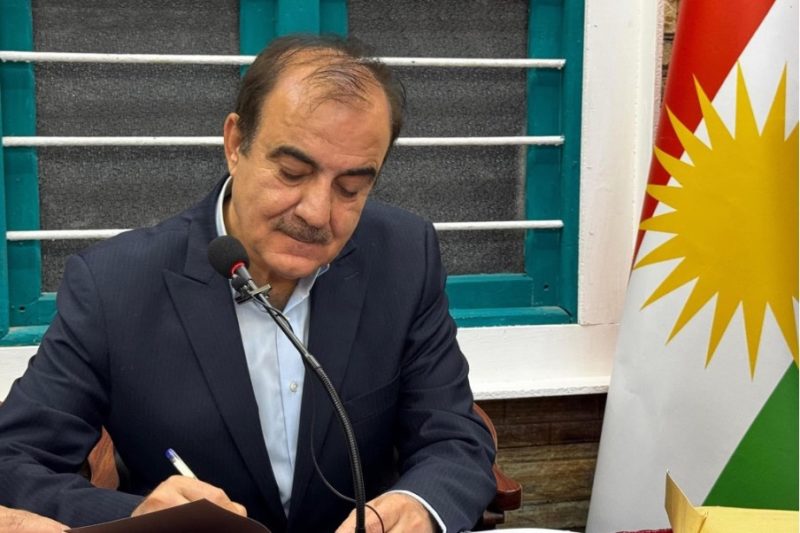
Alors que la Région du Kurdistan tente de surmonter la crise du pétrole et du budget avec Bagdad, elle mise avec prudence sur le processus de paix entre Ankara et le PKK. Entretien exclusif avec Arez Abdullah (PUK).
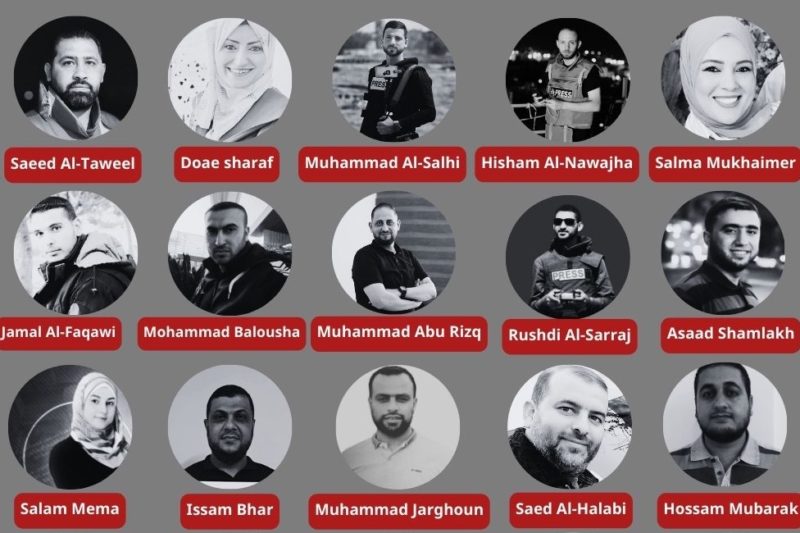
In two years, the International Federation of Journalists has recorded 223 journalists’ deaths in Gaza. And calls for an international UN convention that would oblige states to protect them and punish their killers.

Réunis à Alost, des dizaines de journalistes kurdes ont décidé de créer un collectif à statut associatif pour renforcer l’organisation et la voix de la presse kurde en exil.

Pour la première fois dans l’histoire, les réseaux sociaux ont été massivement utilisés dans un conflit opposant le Burundi au Rwanda. Des messages de haine ont été diffusés sous l’œil tolérant ou complice des autorités.
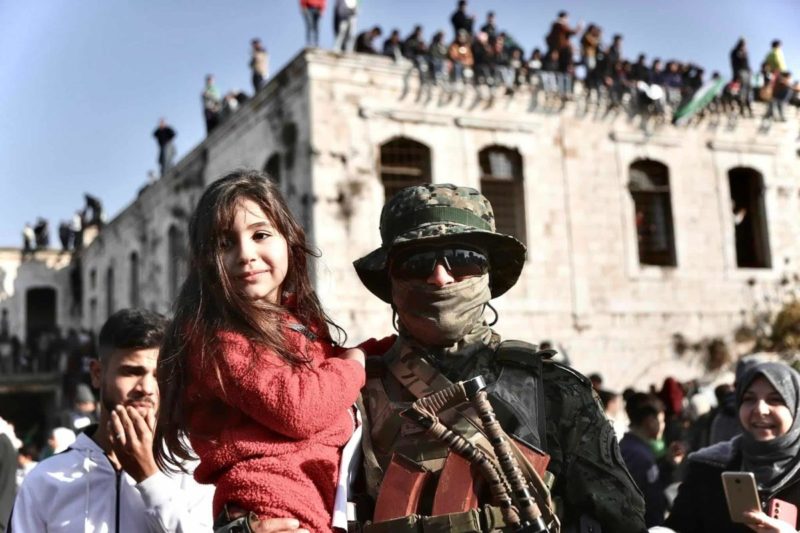
L’Occident a toujours affronté le terrorisme par la guerre. Mais la nouvelle Syrie mise sur l’intégration plutôt que l’exclusion. Cela se concrétise dans la politique de naturalisation des anciens combattants étrangers.
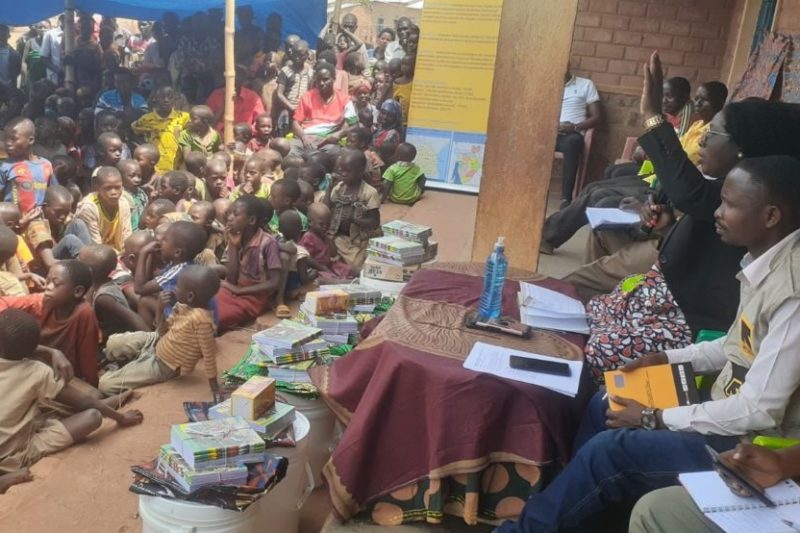
Les acteurs engagés dans le développement du secteur de l’éducation en province de Ruyigi, à l’Est du Burundi, expriment leur profonde préoccupation face à l’exode massif d’enfants vers la Tanzanie.
— Un média collaboratif des journalistes en exil, des étudiant.es en journalisme de l'ULB et de la VUB —